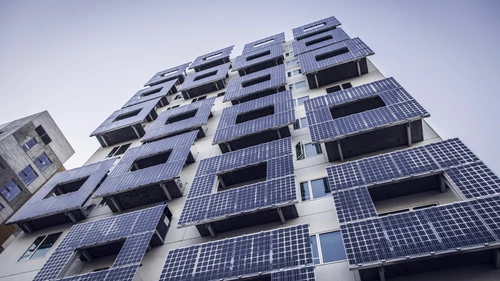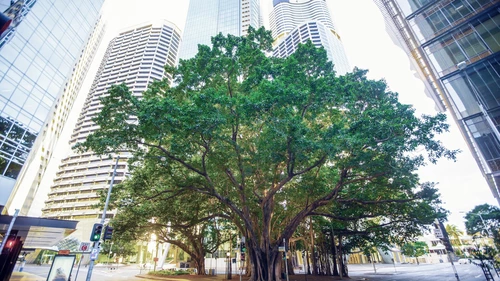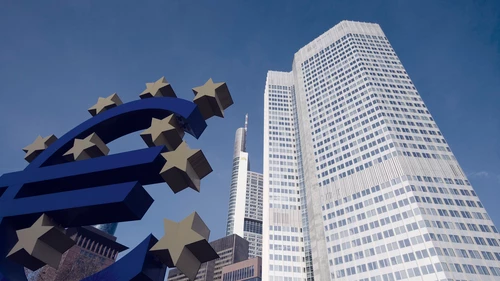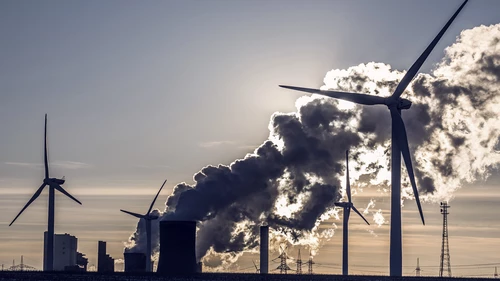
What is ESG?
ESG is used as a model for investing and screening. ESG stands for Environmental, Social and Governance. This is also called sustainability in many cases.
Read moreESG stands for environmental, social and governance, and refers to the three key factors widely used to evaluate how companies, countries and other actors contribute to sustainable development

ESG is used as a model for investing and screening. ESG stands for Environmental, Social and Governance. This is also called sustainability in many cases.
Read more
Sustainable finance
While the global sustainable bond market made a definite, if somewhat muted, return to growth in Q1 2023, the Nordic market stood out once again, showing strength despite some concerns carried over from 2022. With record sustainable volumes in Q1 and notable traction in the corporate Eurobond market, sustainable financing has found a successful home in the Nordics.
Read more
Sustainable finance
The European Sustainability Reporting Standards are a core component of the sustainability reporting landscape within the European Union, providing the mandatory reporting framework to be followed under the Corporate Sustainability Reporting Directive. As alignment across EU regulation increases, it is important to be aware of definitions and concepts introduced under each new proposal.
Read more
Sustainability
In-depth building energy renovations can mitigate risks and help property owners seize financial support opportunities.
Read more
ESG
Investors have an important role to play to steer capital towards solutions that can improve social conditions. The most direct way to impact social conditions is probably to finance or refinance social projects.
Read more
Sustainability
At Nordea, we’ve committed to becoming a bank with net-zero emissions and have set targets for 2023 and 2025. Now, with less than a year until the end of 2023, we’ve invited Head of Group Sustainability Anja Lidgren Hannerz to a talk about Nordea’s progress.
Read more
Sustainability
Our Large Corporates & Institutions unit at Nordea has scaled up its ESG education efforts for staff to ensure that we can play a material and meaningful role in supporting our clients' transition towards a more sustainable and net-zero future.
Read more
Sustainable finance
As the need for decisive action on climate change becomes ever more pressing and present, so does the need for corporate accountability and well-defined pathways towards a lower-emissions future. We use SBTi’s latest full-year dataset to bring you insights into the world of net-zero targets.
Read more
Sustainable finance
The European Central Bank (ECB) has committed to strengthening its efforts to combat climate change. With upcoming monetary policy set to dampen the effect of the bank’s existing flow-based approach to decarbonising its corporate bond holdings, we take a look at the proposed stock-based approach and assess progress so far.
Read more
Sustainable finance
Negotiators from the European Council and the European Parliament reached a provisional agreement last week on a European Green Bond standard. While we are encouraged that the standard brings more clarity to green definitions and transparency to the market, it remains important to ensure sufficient incentives for the standard to become the preferred route for issuers.
Read more
Sustainable finance
The past year brought no shortage of headlines when it comes to environmental, social and governance (ESG) issues. Nordea's Head of ESG Research Marco Kisic reflects on the top ESG debates to watch in 2023.
Read more
Sustainable finance
As sustainability becomes more mainstream, we expect 2022’s focus on awareness and harmonisation to give way to a focus on implementation and execution. We outline out three key trends for 2023.
Read more
Sustainable finance
In a year that was unstable in many ways, the sustainable finance market demonstrated promising resilience. The Nordic sustainable bond market proved relatively more stable than the global market, experiencing 3% year-on-year growth compared to a contraction of 23% year-on-year globally. We outline the developments in some key charts below.
Read more